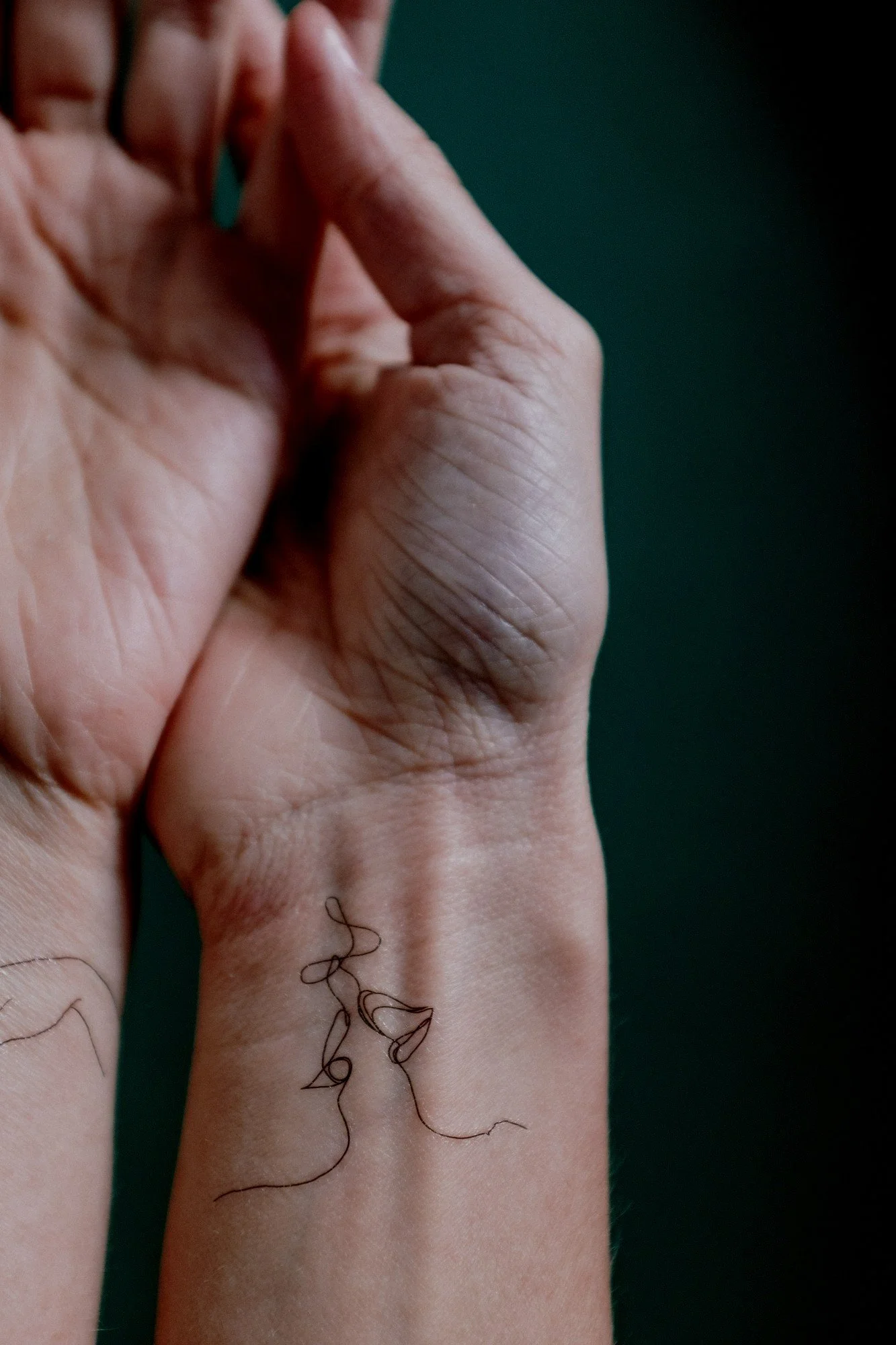The Remarkable Skin Health Benefits of Monolaurin
Monolaurin and Skin Health
In the pursuit of vibrant and healthy skin, we often find ourselves delving into a plethora of skincare products and routines. But have you ever considered the lesser-known powerhouse that could potentially transform your skin health? Enter monolaurin, a natural compound that has been garnering attention for its remarkable benefits in promoting skin wellness. In this article, we will explore the various ways in which monolaurin can contribute to your skin's radiance and overall health.
Understanding Monolaurin: What is it?
Monolaurin is a fatty acid derived from lauric acid, which is primarily found in coconut oil and breast milk. It is known for its potent antimicrobial and antiviral properties, making it an intriguing candidate for various health applications, including skincare. Monolaurin's ability to combat harmful microorganisms has led to its exploration as a supplement for promoting skin health.
The Benefits of Monolaurin for Skin Health
1. Antimicrobial Defense
Monolaurin's inherent antimicrobial properties can contribute significantly to maintaining healthy skin. It works by disrupting the lipid membranes of bacteria, viruses, and other pathogens, effectively inhibiting their growth and spread. This defense mechanism can aid in preventing and managing common skin issues such as acne, which often arise from bacterial colonization.
2. Supporting Acne Management
Acne, a prevalent skin concern, is often triggered by the overgrowth of the Propionibacterium acnes bacteria. Monolaurin's antibacterial effects can help reduce the population of these bacteria on the skin, thereby potentially minimizing the occurrence and severity of acne breakouts.
3. Enhancing Skin Barrier Function
A robust skin barrier is essential for maintaining hydration and protecting against environmental stressors. Monolaurin's soothing properties can contribute to fortifying the skin's natural barrier, preventing excessive moisture loss and keeping irritants at bay.
4. Addressing Fungal Infections
Fungal infections, such as ringworm and athlete's foot, can compromise skin health. Monolaurin's antifungal properties have shown promise in combatting these infections, offering a natural alternative to traditional antifungal treatments.
5. Calming Inflammation
Inflammation is a common denominator in various skin issues, from redness and irritation to more severe conditions like eczema and psoriasis. Monolaurin's anti-inflammatory potential can help mitigate these issues by reducing the inflammatory response and providing relief.
Incorporating Monolaurin into Your Routine
To harness the skin health benefits of monolaurin, consider integrating it into your skincare routine through supplements. Here are a few tips to keep in mind:
Consult a Professional: Before introducing any new supplement, it's wise to consult a healthcare professional, especially if you have underlying health conditions or are taking medications.
Quality Matters: Opt for high-quality supplements from reputable brands to ensure you're getting a pure and effective product.
Consistency: Like any supplement or skincare routine, consistency is key. Results may take time, so be patient and stick to the recommended usage.
Complementary Approach: Monolaurin supplements can complement your existing skincare regimen, but they shouldn't replace a well-rounded approach to skin health. Maintain a healthy diet, stay hydrated, and practice good skincare habits.
In Conclusion
Monolaurin's emergence as a potential skin health enhancer is a testament to the fascinating ways in which natural compounds can positively impact our well-being. From its antimicrobial prowess to its inflammation-calming effects, the benefits of monolaurin make it a compelling addition to your skincare journey. Remember, while the science is promising, individual responses can vary, so always prioritize personalized guidance from healthcare professionals. With consistent care and a touch of monolaurin, you might just uncover a newfound radiance in your skin's health.
References
Preuss, H. G., Echard, B., Bagchi, D., Perricone, N. V., & Yamashita, E. (2012). Antimicrobial and antiviral properties of monolaurin and its potential to treat the new coronavirus (2019-nCoV): A review. ResearchGate. Link
Nakatsuji, T., Kao, M. C., Fang, J. Y., Zouboulis, C. C., Zhang, L., Gallo, R. L., & Huang, C. M. (2009). Antimicrobial Property of Lauric Acid Against Propionibacterium Acnes: Its Therapeutic Potential for Inflammatory Acne Vulgaris. Journal of Investigative Dermatology, 129(10), 2480–2488. Link
Verallo-Rowell, V. M., Dillague, K. M., & Syah-Tjundawan, B. S. (2018). Novel antibacterial and emollient effects of coconut and virgin olive oils in adult atopic dermatitis. Dermatitis, 29(6), 308–315. Link
Ogbolu, D. O., Oni, A. A., Daini, O. A., & Oloko, A. P. (2007). In vitro antimicrobial properties of coconut oil on Candida species in Ibadan, Nigeria. Journal of Medicinal Food, 10(2), 384–387. Link
Assunção, M. L., Ferreira, H. S., dos Santos, A. F., Cabral, C. R., Jr, & Florencio, T. M. (2009). Effects of dietary coconut oil on the biochemical and anthropometric profiles of women presenting abdominal obesity. Lipids, 44(7), 593–601. Link
Please note that the provided links are references to research articles or reputable sources that discuss various aspects of monolaurin and its potential benefits for skin health. Always ensure to verify the credibility and relevance of the sources before citing them in any formal work.
Looking for the best Monolaurin?
👉 Click here to explore the best options
